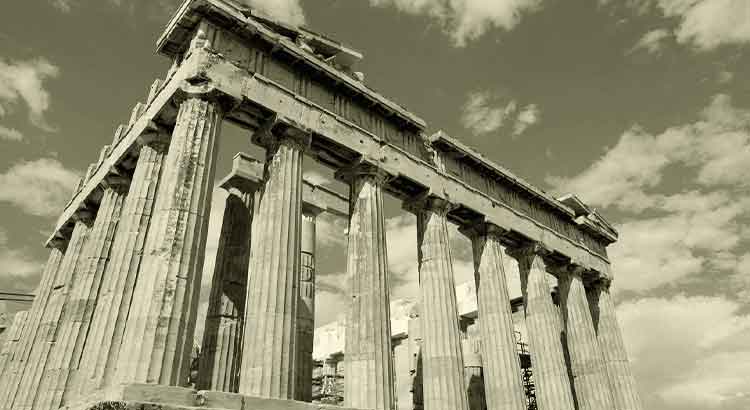História da literatura ocidental (History of Western Literature), this colossus of almost 3,000 pages, is simply an immortal monument erected in Portuguese and published in Brazil. The Austrian Otto Maria Carpeaux, who adopted our homeland and began to learn our language at the age of forty, gave the national letters what no Brazilian will ever give. We can say, without fear of error, that Carpeaux was the greatest Brazilian scholar of all time. And if we have in the garden this unique colossus, it is impressive that we Brazilians did not give the slightest value. Carpeaux’s words that preface the first edition of the work give an idea of the magnitude of this História da literatura ocidental:
All Romanesque and Germanic literature from Europe and its branches in North and South America were studied; Slavs and others from Eastern Europe; and, of course, the Greek and Neo-Greek literature. (…) More than 8,000 authors have been studied in short. But the work has no claim to be a complete bibliographic dictionary.
Modesty… The study undertaken by Otto Maria Carpeaux and published in 1959 is unique worldwide. That is what Olavo de Carvalho also says, in an excellent essay that prefaces the edition of Topbooks of Ensaios reunidos, another work by Carpeaux:
The man we are talking about is the author of the only history of literature ever written in which the succession of literary ideas and creations in the West, from Hesiod to Valéry, appears as a continuous movement that, beneath the bewildering variety of its manifestations, never loses the unity of meaning.
What to say? I think of Carpeaux and I am amazed at the silence. There is no talk of Carpeaux, there is no comment on the man of greatest relevance in national literary criticism. Today, we are already in a distance that allows us to judge impartially: Carpeaux, among all the critics, was the one who provided the greatest service to the national letters. Nothing in Portuguese compares to his História da literatura ocidental.
História da literatura ocidental is able to provide any student with comprehensive and accurate knowledge about the leading authors of more than twenty centuries of literature. It is been able to guide a study plan for decades. And is wrong who thinks that Carpeaux only presents the authors and inserts them in the context in which they produced their works; Carpeaux criticizes, transits with extreme cunning through the most diverse currents of thought, by the varied styles and varied aesthetic conceptions, analyzes biographies and traces the evolution of the authors, inserts the works in the context in which they were produced showing us, finally, the historical weight of each author according to his judgment.
But where are, for example, the translations of this immense work? Far, far away… I ask this and seem to dream. Carpeaux does not even appear consolidated in Brazil. He did not even attract the interest of biographers. I ask, what are we waiting for? that someone more relevant to write under the Brazilian sun arises? someone of superior culture? Oh, of course… then we will wait… we will wait, perhaps, for many centuries, perhaps forever and ever…
Otto Maria Carpeaux was a huge intellectual. He gave Brazil what we never had, what we always lacked. Can we ignore Carpeaux today? deny his História da literatura ocidental?
It is a choice. Yet it is, before us and very well built, the bridge to integrate our literature to all cultures of all times. But it is up to us to decide whether to cross it — or, of course, to continue as we are: irrelevant on the world stage.
____________
Read more:
